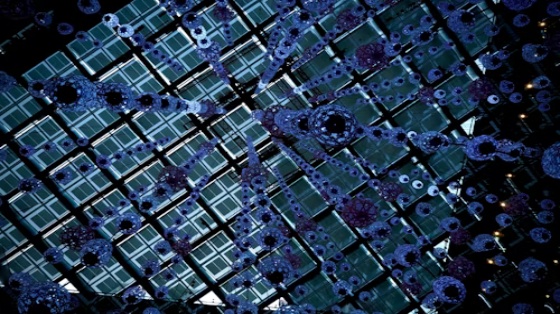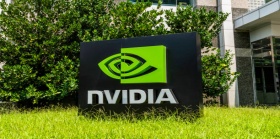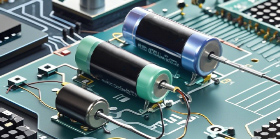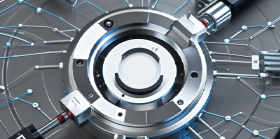Google Chip Company, valued at $900 billion
With Google's parent company Alphabet having a growing Tensor Processing Unit (TPU) business and Google DeepMind focusing on AI research, investment bank DA Davidson analysts believe that if the TPU business were to become independent, the overall value could reach up to $900 billion, a significant increase from the estimated $717 billion earlier this year.
The accelerator TPU designed specifically for machine learning and AI workloads has attracted the attention of AI researchers and engineers. The demand for the sixth generation Trillium TPU has been quite strong since its large-scale launch in December 2024. The seventh generation Ironwood TPU, designed specifically for inference, was unveiled at this year's Google Cloud Next 25 conference and is expected to receive widespread adoption from customers.

Furthermore, each Ironwood TPU chip can provide 4614 TFLOPS computing power during peak hours, driving thinking and inference models. Ironwood TPU significantly increases the high bandwidth memory (HBM) capacity, providing 192GB of capacity per chip, which is six times that of Trillium TPU, to handle larger model and dataset computations; At the same time, the bandwidth of each Ironwood TPU chip can reach 7.2Tbps for high-speed access, which is 4.5 times that of Trillium TPU. Not only that, Ironwood TPU has twice the performance to power ratio of Trillium TPU, providing customers with more computing power per watt for their AI workloads.
In terms of partners, Alphabet currently only collaborates with Broadcom to produce TPU, but there are reports of exploring cooperation opportunities with MediaTek, who will manufacture the upcoming Ironwood TPU. At the same time, multiple AI companies are accelerating the adoption of TPU, such as Anthropic starting to recruit TPU core engineers, which may balance its dependence on AWS Trainium chips. Elon Musk's xAI has shown interest in TPU due to improvements in the JAX-TPU tool.
Related Information

- 2025.05.12 Intel terminates Deep Link program



